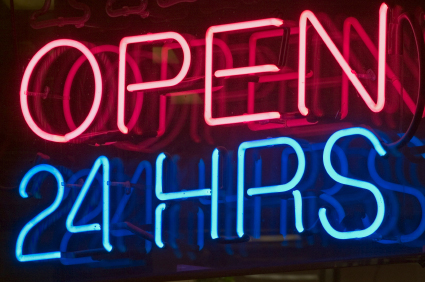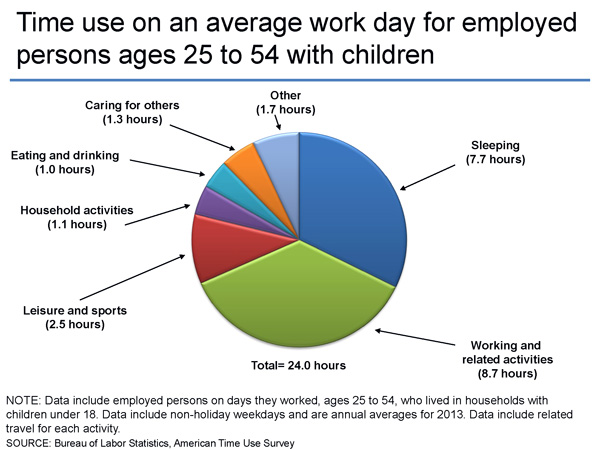REPRISE: Wearable Tech in the Oil Field
Note: The blog is taking some well-deserved rest for the Holidays (that is code for I am pretty much out of decent ideas, and I doubt most folks are spending their holidays reading blogs anyway), and will be re-running some of best, or at least most interesting posts from 2014. Maybe you missed these the first time around or maybe you didn't really miss them, but either way they are presented for your consideration. Thanks to everyone who stopped by in 2014!
The below post first ran back in June and features an amazingly cool two-and-a-half minute video showcasing a real world and real workplace application of wearable technology. Wearables like Google Glass might never catch on as a consumer device, but almost certainly will have a big role in all kinds of work applications. I liked this video so much I used it as an example in two or three talks I did in 2014 and it was almost always met with 'Wows' from the audience. Hope you enjoy it if you have not seen it yet.
Fresh 2015 content resumes next Monday - have a great weekend!
----------------------------------------------------------------------------------
VIDEO: Wearable Tech in the Oil Field
Quick shot for a busy Friday - if you are at all interested in how, where, and for which type of workplace use cases are likely to be impacted by the introduction of wearable technologies like Google Glass, then check out this short video from Wearable Intelligence, a developer of custom applications for industry that can be deployed on the Glass platform (Email and RSS subscribers will need to click through).
In the video embedded below, we see how custom apps overlaid on the Glass device, allow field workers to access training information, log status reports, verify safety procedures have been followed and more - all while keeping their hands free to actually get their work done.
Really interesting and definitely cool, right?
Glass and probably eventually other wearable devices are going to become one of the essential tools for the types of field workers that need to simultaneously access and interact with lots of data and content, but also can't have their hands tied up with smartphones or tablets, since they actually have to work with their hands.
It is early days, but as you can see in the video the possibilities are almost endless.
And one more thing, I doubt any Glass-hating types would dare to hassle any of these oil field workers that you see in the video for wearing Glass. The irony in all this? Glass and other wearables might end up developing into a real working person's tool as much as a prop for the snobby elites.
Have a great weekend!

 Steve
Steve



